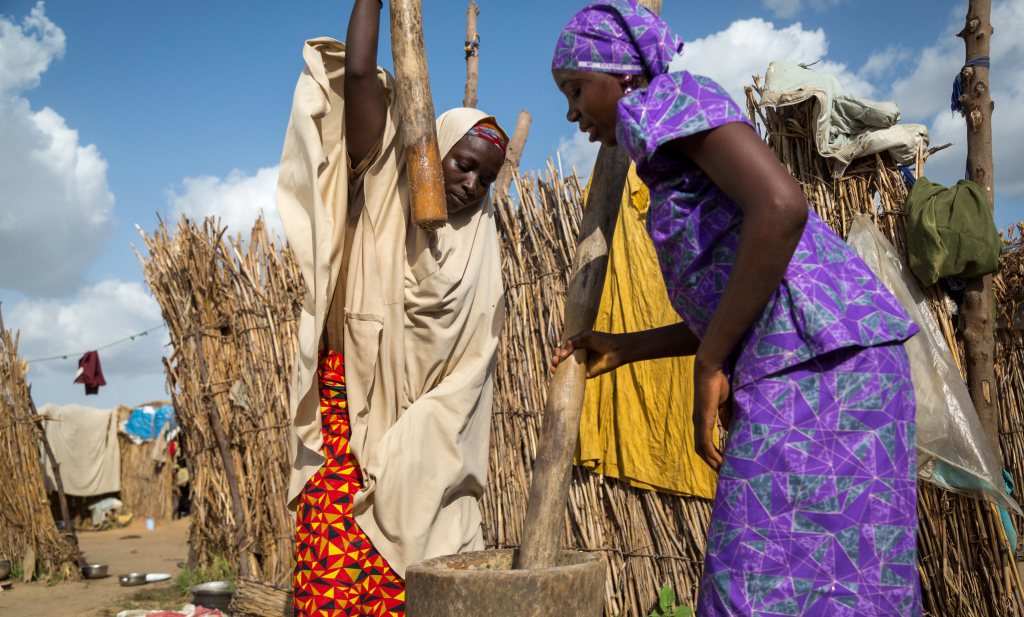As millions of Nigerians face acute hunger, experts warn that emergency aid offers only temporary relief.
The US’s pledge of $32.5 million to Nigeria was greeted with great relief. The funds were earmarked to provide food and nutrition support to 764,205 internally displaced Nigerians, including 41,569 pregnant and breastfeeding women and 43,235 children, through electronic vouchers.
The lifeline couldn’t have come at a more critical time. In Borno State, malnutrition is already spiking: eight feeding sites have closed, causing a 63% increase in severe acute malnutrition (SAM) among children.
Nigeria’s food crisis stretches far beyond the north-eastern region. Across 26 states and the FCT, 30.6 million people—including nearly 151,000 internally displaced persons—are projected to face a food crisis between June and August 2025.
Natural disasters have worsened the situation. The collapse of a dam in late 2024 left much of Maiduguri submerged, displacing over one million people and devastating farmlands. With hunger and homelessness converging, nearly 31 million Nigerians are now enduring acute food insecurity.
Why Nigeria’s food crisis persists
Insecurity offers an easy answer. But a complex medley of factors is at play. Along with the staggering toll of deaths caused by the Boko Haram insurgency, conflicts between farmers and herders led to an estimated loss of N2 trillion.
Many of the Middle Belt states, including Benue, noted as Nigeria’s breadbasket, have witnessed a 70% decline in farming activities.
Structural failings – poor storage facilities, high transport costs and widespread post-harvest losses–have have also contributed to the mix, including contraction of global aid. result in food wastage each year.
For all its promise, the $32.5 million investment is unlikely to meet demand in the region. The World Food Programme estimates that 1.3 million Nigerians could still lose food access, while 150 nutrition clinics in Borno remain at risk of closure.
Meanwhile, experts have argued that aid cannot replace reform. To tackle the ongoing food crisis in the country demands robust investment in security and rural infrastructure—such as irrigation—to reduce the farmers’ reliance on rainfall.
Equally important are food-waste reduction strategies that could save billions lost to spoilage, including policies that prioritise healthy nutrition for children and women. These measures would help shift Nigeria from short-term emergency responses to a more sustainable path toward food security.
Summary not available at this time.






